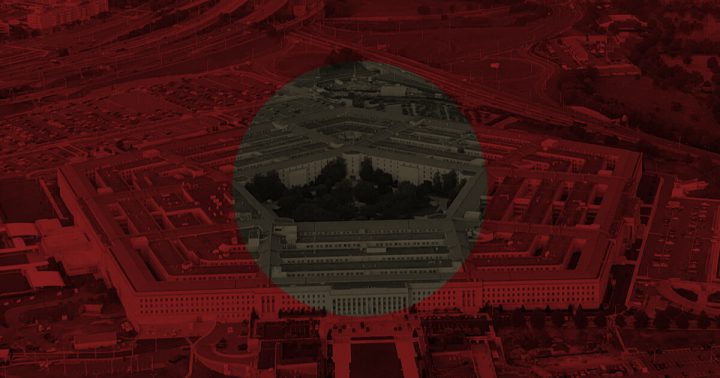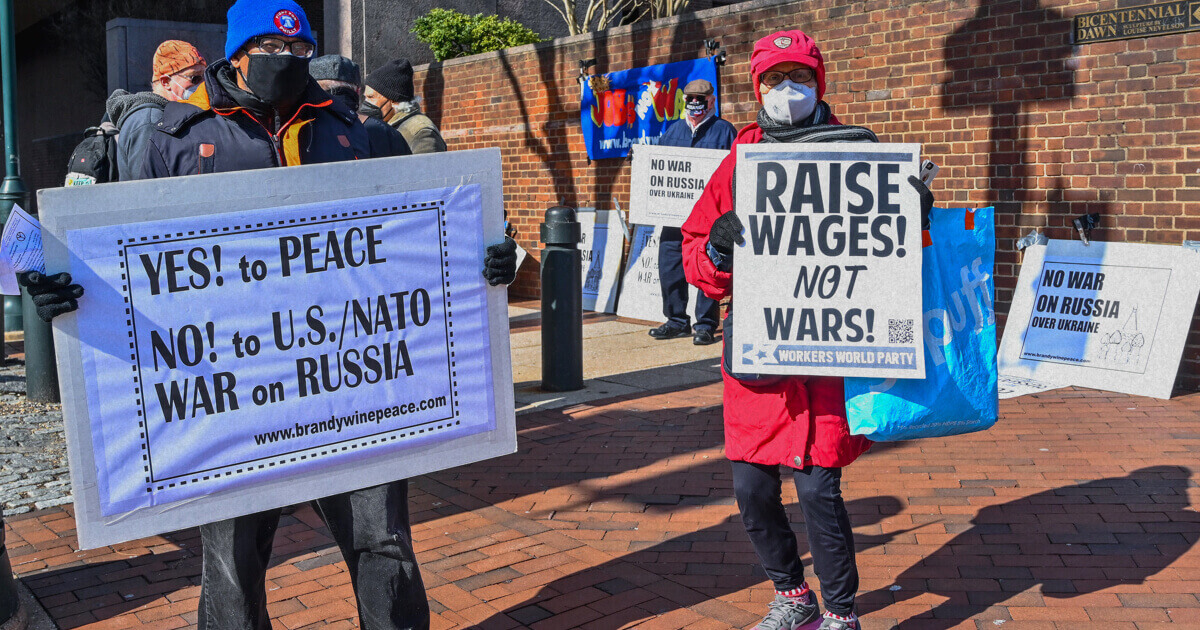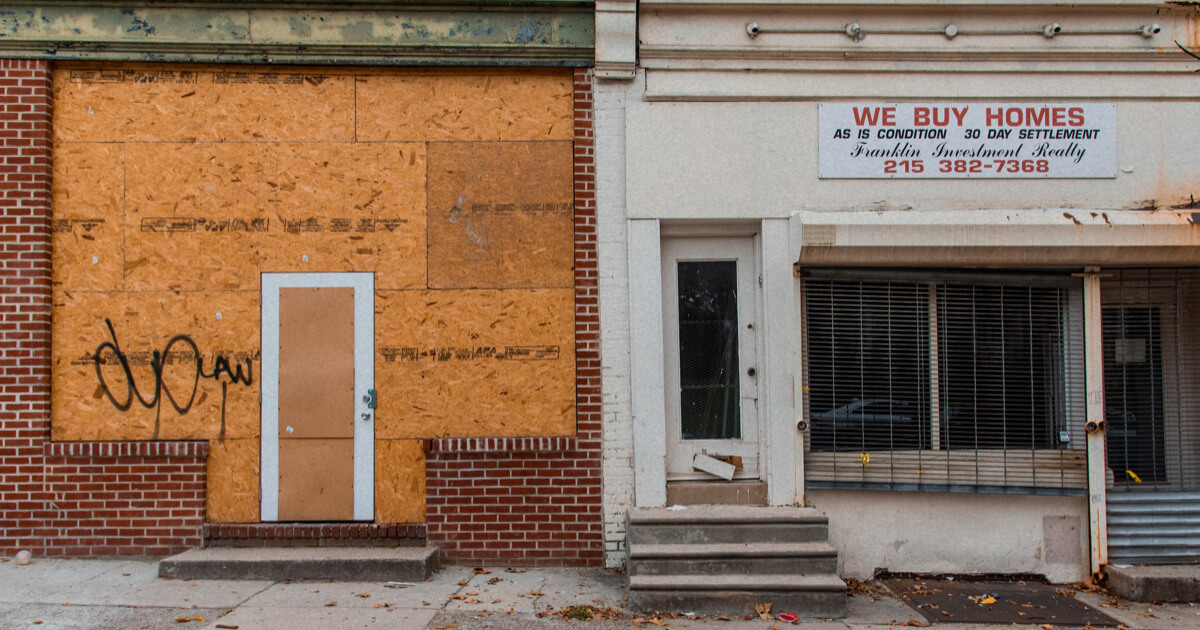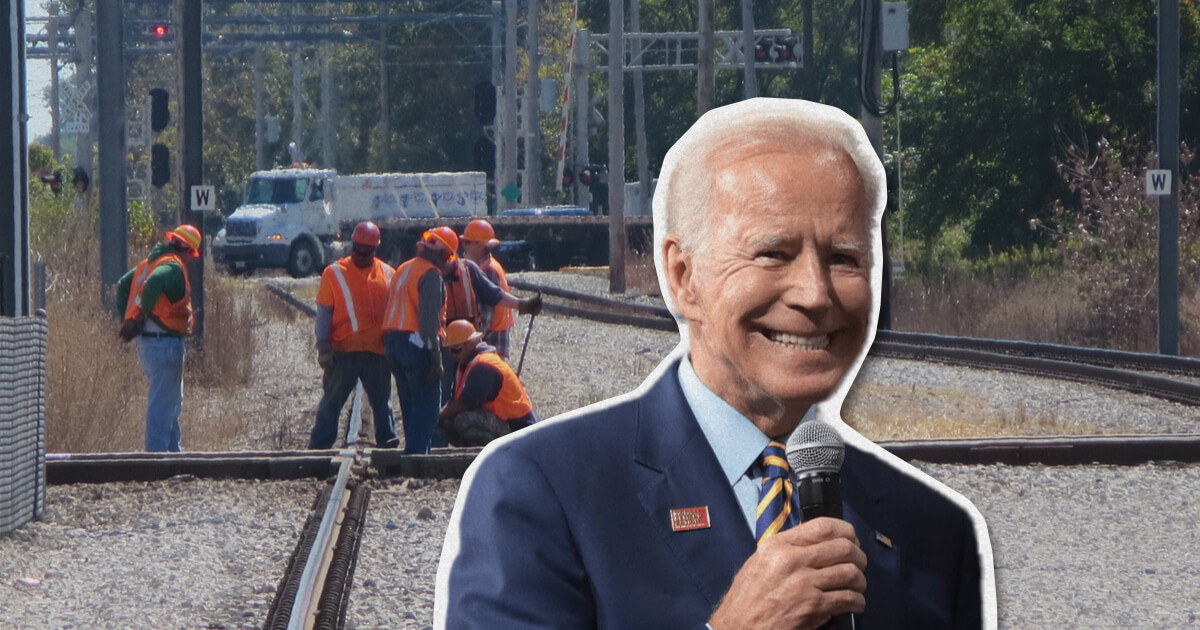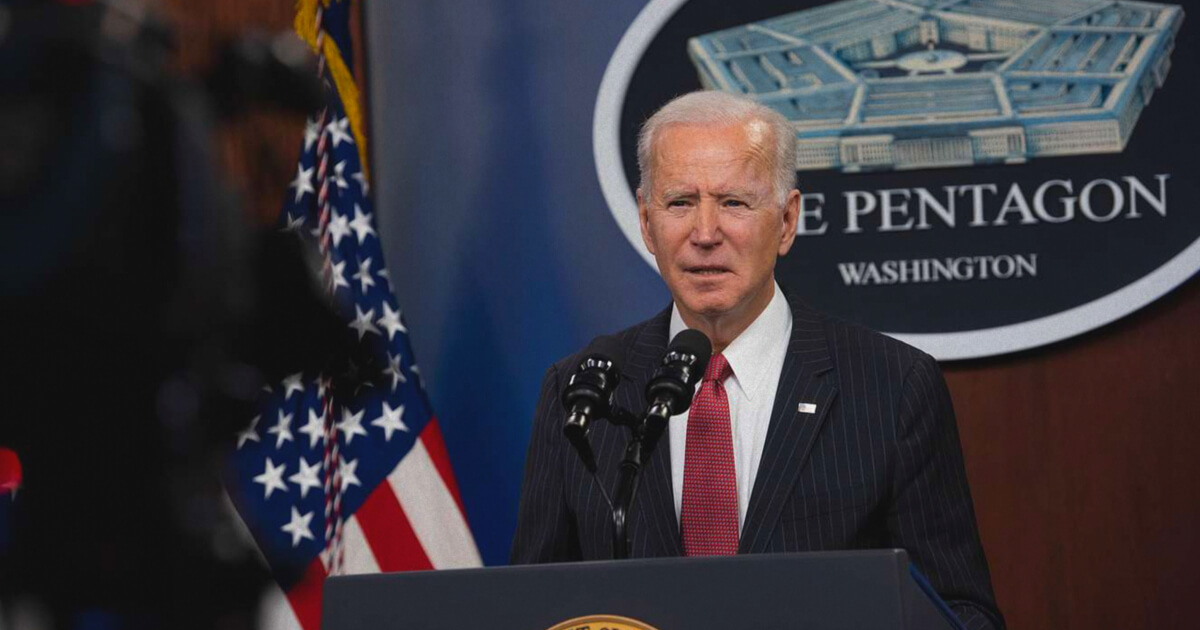“Inflation” is the new buzzword of the year. It is the reason for the Federal Reserve’s interest rate hikes designed to increase the costs of some loans. It is the excuse given against renewing the expanded child tax credit program that briefly lifted millions of American families out of poverty. It forms the name of one of the key pieces of legislation that may salvage President Joe Biden’s first term: the Inflation Reduction Act. And, it is the basis of Republican complaints against Democrats heading toward the midterm elections this fall.
With all this concern over inflation, one wonders why so little heed has been paid to another “i” word: inequality.
For decades, government officials, media pundits, mainstream economists, politicians, and others were content to allow and even enable money to flow upward, enriching the already wealthy. They paid little heed to increasing inequality, beyond shrugging their shoulders and lamenting the injustice of it all.
To fiscally conservative politicians, it seems that inflation equates to trouble, but inequality is perfectly tolerable.
Senate Minority Leader Mitch McConnell (R-KY) last year decided that inflation was the result of the government “flooding the country with money,” via modest benefits to low-income Americans. Interestingly, he didn’t view his party’s massive tax cuts in 2017 aimed at the rich as similarly responsible for unleashing excess wealth.
For years, wages stagnated, and the federal government did little in response. The last time Congress raised the federal minimum wage was more than 13 years ago. The Economic Policy Institute in a recent analysis found that, “[a]ccounting for price increases in June, the current federal minimum wage of $7.25 per hour is now worth less than at any point since February 1956.”
According to EPI, “A national $15 minimum wage would raise the incomes of tens of millions of workers, including servers in restaurants, grocery store employees, and essential health care workers.” But if politicians insist that more money in people’s pockets is the cause of inflation, raising the minimum wage may be the last thing they want.
There has been some state intervention to address inequality, especially since the COVID-19 pandemic began. After two years of a devastating pandemic during which millions of Americans suffered in terms of health and wealth, many were able to make ends meet because of policies like the unemployment benefits via the CARES Act of 2020, monthly checks from the 2021 expanded child tax credit legislation, limited student debt loan forgiveness, and a temporary pause in student loan repayments.
As millions of Americans resigned from jobs that paid too little or inflicted indignities upon them, employers were forced to begin offering higher wages—but not high enough to keep up with inflation.
Higher food and gas prices have undercut those very modest gains. Inflation is indeed a serious issue, precisely because it hurts the lowest-income people the hardest—not because they may have had a modest amount of excess cash for a minute.
Politicians and pundits, attributing inflation to the meager rise in people’s financial well-being, are now making that extra cash worth even less by raising interest rates. The Federal Reserve just increased the national base interest rate by three-quarters of a percent to a range of 2.25 percent to 2.5 percent.
It isn’t hyperbole to suggest that such policies are designed to keep people poor. For example, a New York Times story earlier this year headlined, “How Do Higher Interest Rates Bring Down Inflation?” gave a clear explanation of how “the Fed sets off a ripple effect” by raising rates. This means that, “directly or indirectly, a number of borrowing costs for consumers go up.”
In real terms, the paper offered examples of how “consumers can expect to pay more on any revolving debt.” Additionally, “[c]ar loan rates are expected to rise,” and “[p]rivate student loan borrowers should also expect to pay more.”
If more money in poor people’s pockets is supposedly the reason for inflation, why is more money in rich people’s pockets not an incriminating factor? In fact, some feared in 2017 that Trump’s tax cuts could spur inflation.
Fiscal conservatives like to see inflation as the natural and predictable outcome of reducing wealth inequality—“too much money in the hands of the plebs!”—rather than increasing it. The conventional economic view is that when people suddenly have more money to spend, prices will rise (magically!). But corporate manufacturers and distributors are the ones setting prices and taking advantage of that excess cash in people’s hands to inflate their profits.
According to EPI, “the already-excessive power of corporations has been channeled into raising prices rather than the more traditional form it has taken in recent decades: suppressing wages.”
Mainstream economists are tiptoeing around the connection between inflation and excess corporate profits. For example, economists at the Federal Reserve Bank of New York’s website wrote, “market watchers and journalists have wondered if corporations have taken advantage of high inflation to increase corporate profits.” After detailed analysis that repeatedly confirmed the aforementioned connection, they talked themselves out of it, concluding that “profit increases may not be followed by more profit increases.”
Government intervention to relieve inequality works, as the pandemic-era benefits like unemployment checks and child tax credits proved. And similar intervention to relieve inflation can also work, if aimed at the right culprits: corporate profiteers. And politicians know this.
In the Inflation Reduction Act of 2022—most of which is unrelated to inflation but likely allows Sen. Joe Manchin (D-WV) to save face and explain his about-turn on the bill—there is one provision that hints at the government’s power to intervene on inflation: controls on drug prices.
Over the past several years, drug prices have skyrocketed. According to the Kaiser Family Foundation, “Price Increases Outpaced Inflation for Half of all Drugs Covered by Medicare in 2020.” The Inflation Reduction Act, according to a Washington Post analysis of the bill, “caps seniors’ drug costs under Medicare to $2,000 per year, forces drug companies to pay a rebate if they increase prices faster than the rate of inflation and provides free vaccines for seniors.”
This sort of government intervention tacitly acknowledges that corporations can afford to keep manufacturing drugs even when facing controls on their excessive profits.
If prices are rising, stop those setting the prices from doing so—it’s that simple. If such a thing can be applied to drug prices, why not food, gas, and other necessities?
Mainstream economists and politicians rely on public confusion about what fuels inflation. Excess money flowing to the top of the wealth pyramid, not the bottom, is the real culprit.
This article was produced by Economy for All, a project of the Independent Media Institute.


